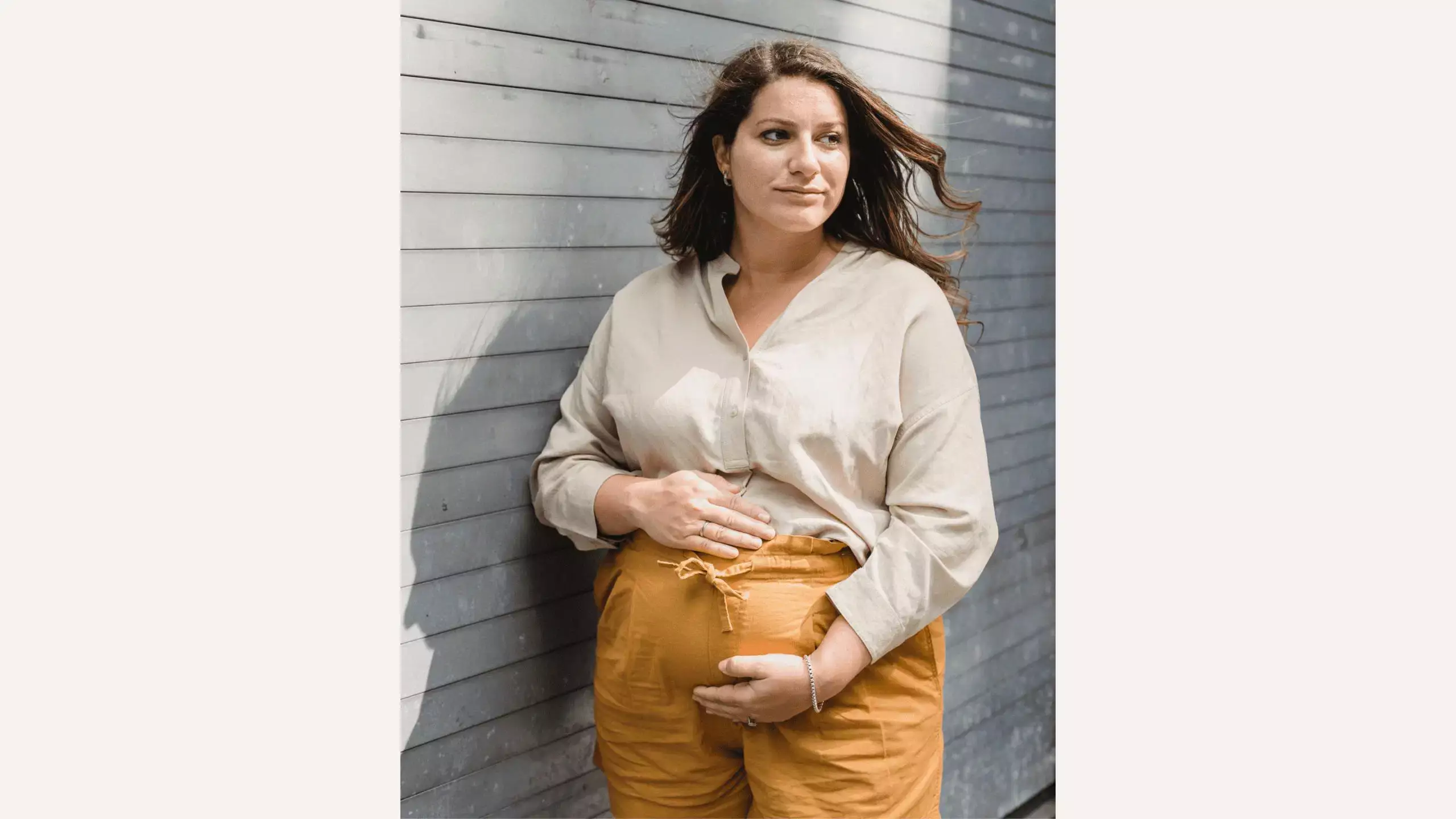As the world continues to navigate the complexities of the COVID-19 pandemic, particularly in specific populations such as pregnant women, the conversation surrounding vaccination remains critical. Amidst strong recommendations from leading health organizations in the United States, pregnant women face a unique set of challenges and concerns regarding their health and the health of their unborn children. Encouragingly, recent studies—most notably a compelling analysis published in the New England Journal of Medicine—have found that COVID-19 vaccinations are not only safe during pregnancy but particularly so during the initial stages of gestation.
This pivotal research involved Norwegian national health registry data, which analyzed the impacts of the COVID-19 vaccine on early pregnancy outcomes. The findings were illuminating: there was no observed increase in the risk of early miscarriage associated with the vaccination in the first trimester. For many women, this is an affirmation that the decision to get vaccinated is permissible and beneficial, alleviating some of the fears that may have lingered around vaccine safety.
Understanding the Risks: COVID-19 vs. Vaccine Safety
Pregnant women are considered at elevated risk of severe illness when infected with COVID-19. Data has shown that this demographic faces significantly higher rates of complications and adverse outcomes compared to their non-pregnant counterparts. In light of this, the study’s findings provide a reassuring backdrop against which the necessity for vaccination becomes clearer than ever.
The urgency surrounding COVID-19 vaccinations has escalated, particularly following alarming reports of increased mortality rates among pregnant individuals due to the virus. This reality underscores the importance of vaccination, which offers not only personal protection but also a layer of defense for the newborn. With babies unable to receive vaccinations until they are at least six months old, expectant mothers’ antibody production as a result of vaccination can shield their infants from infection in those vulnerable early months.
Informed Decisions: The Role of Vaccination in Maternal Health
Despite the evidence supporting the safety and efficacy of COVID-19 vaccinations during pregnancy, many expectant mothers grapple with concerns about the implications for their health and their baby’s. Yet, by examining historical data on vaccinations such as influenza and Tdap, we see a precedent of safety and efficacy in immunization practices for pregnant women. Just as those vaccines are routinely administered, so too should COVID-19 vaccinations be viewed as an essential component of prenatal care.
The Centers for Disease Control and Prevention (CDC) has emphasized the necessity for vaccinations, stating unequivocally that pregnant individuals and those who have recently given birth possess increased vulnerability to severe COVID-19 outcomes. Therefore, choosing to get vaccinated is a proactive step towards enhancing maternal and infant health, ultimately leading to better public health outcomes.
Empowering Through Information: A Call to Action
Ultimately, this research serves as a beacon of hope and clinical clarity for many women. Although every decision regarding healthcare during pregnancy is deeply personal, the imperative to be informed cannot be overstated. This clarity is particularly critical in an age when misinformation can spread rapidly, compelling women to seek reliable sources and make health decisions grounded in scientific evidence.
Overcoming vaccine hesitancy requires robust dialogue and access to accurate information. Healthcare providers should play a pivotal role in guiding discussions about the benefits of vaccination. By building a supportive environment where questions can be addressed transparently, pregnant women can make informed decisions that align with both their health and the safety of their newborns.
In simple terms, the imperative is clear: vaccination during pregnancy is not just a personal decision; it is a collective responsibility. The transmission of maternal antibodies to neonates is a gift of protection against a virus that poses significant risks. The age-old mantra—knowledge is power—holds particularly true for pregnant women navigating the uncertainties of vaccination in an unprecedented pandemic landscape.

